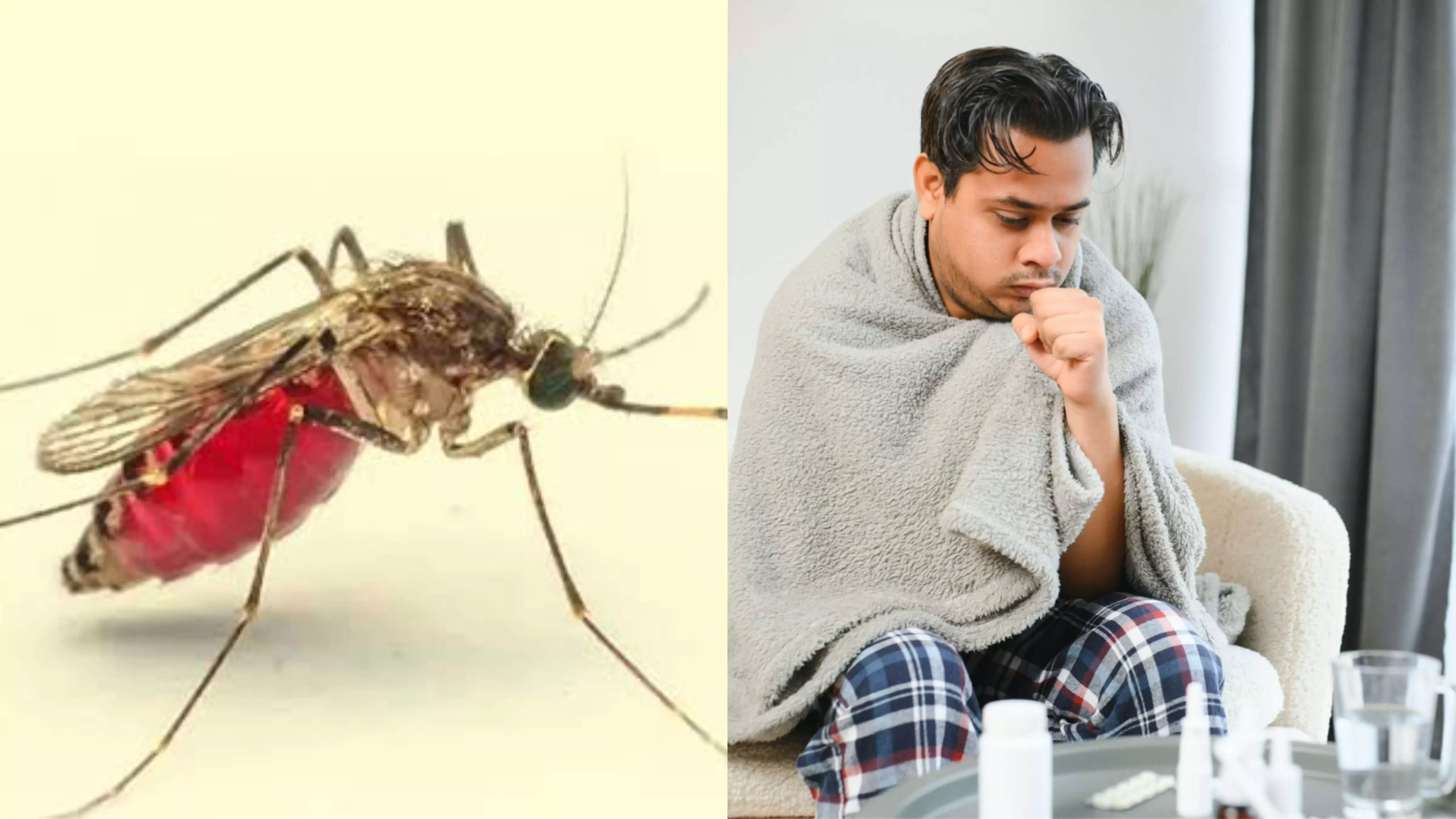Health Alert: Dengue, Chikungunya risk highest in Hyderabad, Suryapet, Khammam, Warangal
Chikungunya has actually outnumbered dengue in several districts, with other viral infections like Flu also being reported
By Anoushka Caroline Williams
Hyderabad: With a noticeable rise in cases of both dengue and Chikungunya, particularly in high-risk districts like Hyderabad, Suryapet, Khammam and Warangal, authorities are taking proactive steps to mitigate the spread of the diseases.
The Telangana Specialty Hospitals Association (TSHA) anticipates a further increase in cases in these regions and urges the public to follow preventive measures, such as eliminating stagnant water and seeking timely medical care, to help curb the outbreak.
Dengue and Chikungunya cases on the rise
According to R Govind Hari, general secretary of TSHA, “It’s still too early to predict the full impact of dengue this season, but we are monitoring the situation closely.”
He also pointed out that while dengue cases are increasing, Chikungunya has actually outnumbered dengue in several districts, with other viral infections like Flu A, Respiratory Syncytial Virus (RSV), and enteric fever also being reported in significant numbers.
Data from the State Health Department revealed a sharp rise in dengue cases, with numbers jumping from 4,459 on August 23 to 6,242 as of August 30, marking a rapid surge. The highest-risk areas include Hyderabad, Medchal-Malkajgiri and Khammam.
Misdiagnosis of chikungunya as dengue
Doctors in Hyderabad have raised concerns about the frequent misdiagnosis of Chikungunya as dengue, as both diseases share overlapping symptoms like high fever, joint pain, and rashes.
Dr Pranitha Rao, an infectious disease specialist at a private hospital in the city, said, “One of the challenges we face is distinguishing between the two diseases early on, as the symptoms are nearly identical in the first few days. Without the right diagnostic tests, we often see patients assuming they have dengue, which leads to unnecessary worry.”
This issue is compounded by the fact that many patients attempt to self-medicate based on symptoms alone, which can delay appropriate treatment for Chikungunya.
Impact on children and vulnerable populations
Hyderabad has seen a spike in dengue and Chikungunya cases, particularly among children. As per reports from hospitals in the city, about 20 per cent of the patients, most of whom are children, require critical care. The remaining 80 per cent recover at home with basic treatment.
Paediatrician Dr Sridhar Reddy from a hospital in Secunderabad noted, “Children are at a higher risk of complications from both dengue and Chikungunya, particularly due to dehydration and the risk of severe rashes or platelet drops. Parents should seek medical care at the earliest signs of high fever and avoid using over-the-counter antibiotics.”
Mild evolution of Dengue cases
Encouragingly, healthcare experts in Telangana have observed that dengue cases this year appear to be milder.
Dr Rao explained, “Increased awareness among doctors and the public, early detection, and effective preventive measures taken by the government have likely contributed to dengue evolving into a less complicated illness. Hydration practices and timely symptomatic treatment are key factors in managing cases.”
The government’s awareness programs on mosquito control and vector-borne disease prevention are believed to have significantly improved outcomes this year.
Role of public awareness in reducing Dengue and Chikungunya
Public awareness efforts around mosquito control have been stepped up across Telangana. The TSHA emphasised the need to eliminate stagnant water around homes to prevent mosquito breeding.
“Preventive measures start at home. Empty water containers, clean gutters, and use mosquito repellents to reduce the risk of both dengue and Chikungunya,” advised Dr Rao.
In addition to symptomatic treatment using paracetamol, proper hydration, and the timely recognition of warning signs, the TSHA strongly urged citizens to refrain from overusing antibiotics, as these are ineffective against viral infections and could cause further complications.
No Need to Panic: Telangana’s healthcare infrastructure is ready
Despite the surge in cases, the TSHA assured citizens that there is no need to panic. Both public and private hospitals are prepared with adequate infrastructure and resources to manage severe cases of dengue, including those requiring ICU care.
“In rare cases where complications such as Hemophagocytic Lymphohistiocytosis (HLH) arise in dengue patients, treatments like steroids or IV immunoglobulin may be necessary,” said Dr Hari.
The association and health experts continue to advise vigilance and early consultation with doctors for anyone showing symptoms of fever, joint pain or rashes.
Telangana’s response to rising cases
A recent review meeting held by health minister Damodar Raja Narasimha assessed the current situation of dengue, Chikungunya, and malaria in the State.
The government is taking swift action to prevent further outbreaks through mosquito control initiatives and public education campaigns. As per the state health department’s latest update, a total of 6,242 dengue cases have been reported in Telangana, with a 6 per cent positivity rate from over 1 lakh samples tested.
The State’s top 10 high-risk districts include Hyderabad, Suryapet, Khammam, and Warangal, where authorities are ramping up efforts to mitigate the spread of the disease.
Vigilance and prevention are key
With the healthcare system well-equipped to manage dengue and Chikungunya cases, the focus remains on early diagnosis, proper treatment, and public awareness to curb the spread of these vector-borne diseases.